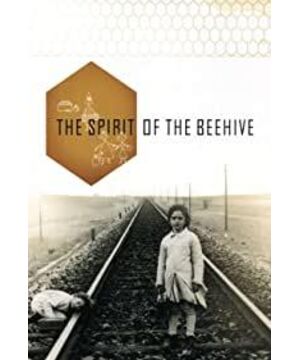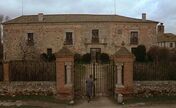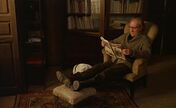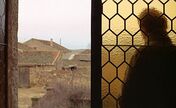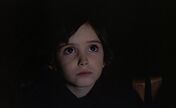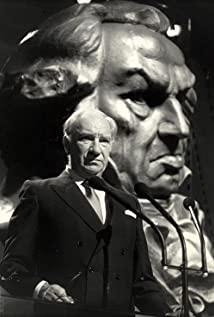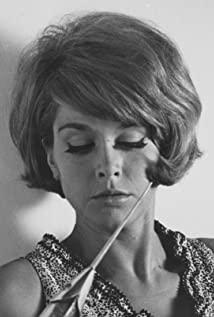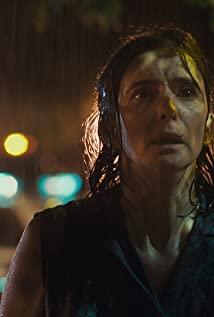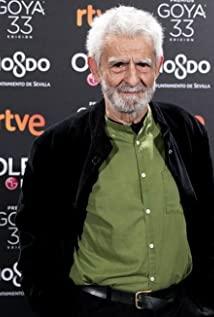The film appeared in 1973, which was the last few years of Franco's 40-year dictatorship. Public opinion and artistic censorship were somewhat relaxed, but public criticism was still impossible. The film avoided censorship troubles with symbolic and subtle expressions. The trauma of the disintegration of the country and the country is suppressed (the family of four never appears in the same picture at the same time), and the silence in the film, together with the desolate and beautiful scenery of the Castilian plain, has a sad poetry. The subtle tones of the photography are reminiscent of Vermeer or Goya paintings, and the photographer, Luís Cuadrado, was nearly blind at the time of the shooting, then went completely blind and committed suicide in 1980. It's deplorable.
Regarding the title of the film, The Ghost of the Hive, the director said that it came from the poet and playwright Maeterinck, implying that "bees follow some mysterious force, and human beings will never know why." In the film, Ana's father, Fernando, was a beekeeper and wrote A verse about bees, the windows of their houses are honeycomb-shaped, and the interior lights are honey-colored. The film influenced Hayao Miyazaki's animation "My Neighbor Totoro" (1988) and Guillermo del Toro's "Pan's Labyrinth" (2006).
View more about The Spirit of the Beehive reviews


